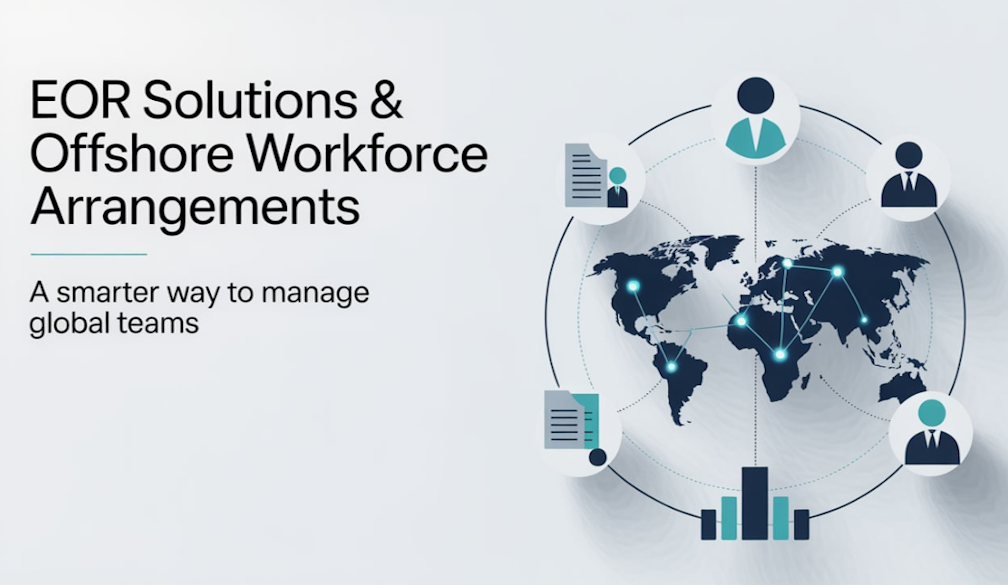5 Things You Need to Know about Fleet Management
- Written by Diana Smith

From the outside, the job of a fleet manager may seem mundane and repetitive yet, it is one of the most dynamic and cognitively demanding occupations out there. To be a great fleet manager, one needs to be great at analyzing patterns and able to multitask. Moreover, a person who wants a future in this industry needs to become a quick-thinker and a long-term strategist at the same time. Still, seeing as how one has to start somewhere, there are five most basic areas they need to know a bit more about.
Vehicle maintenance
The first thing you need to keep an eye out on is the issue of vehicle maintenance. The more vehicles you add to your fleet, the more complex will this job become, yet, a downtime on a single vehicle can sometimes result in a massive turnaround. Some fleet managers depend on employees for this, however, that is not a reliable method. Sure, some of your most meticulous employees will always report an issue on a vehicle or note that it has a battery that is low on power. On the other hand, according to numerous surveys, only a small percentage of your entire workforce can be called truly productive. Therefore, these are inspections best left to a mechanic you trust.
Salary sacrifice
Another trend you would do well to acquaint yourself with is the idea of salary sacrifice. What this means is that you can give your drivers an option to give up a part of their salary for a non-cash benefit of getting a brand-new car. For most drivers, this is a unique chance to afford a brand-new vehicle, while, the company, gets something out of the deal as well.
First of all, they get a chance to become eligible for various cost savings and a tax deduction. Second, it does wonders for your talent attraction. Finally, by opting for low-emission vehicles, you get a unique opportunity to drastically cut down the carbon footprint of your company. Needless to say, this last part is a major PR victory on its own.
Fuel management and theft prevention
The next relevant issue, some would even say the most significant of them all, is your ability to prevent unnecessary expenses. Most of these expenses come from completely unpredictable sources like fuel and goods theft. Unfortunately, the only way to completely prevent this is to combine the use of a high-end GPS tracking device system with constant monitoring efforts from an experienced fleet manager. Fortunately, in 2018, combining the two has never been easier.
Vehicle idling
Fleet managers who are not that good at multitasking risk finding themselves in a situation where an unjustifiably large portion of their drivers and vehicles goes idle, while there’s still work to be done. There is simply no excuse for this, seeing as how one’s ability to multitask is probably their main prerequisite for the position of the fleet manager. Nonetheless, small mistakes happen even to top-performers, which is why nowadays, even the top-tier fleet managers rely on fleet management software.
Unsafe driving
At the end of the day, the issue of unsafe driving is an incredibly serious one, due to the fact that it puts lives at stake, aside from endangering your assets and company name. This is yet another area where a well-placed GPS tracker might come in handy. Apart from this, some companies even insist on live-streaming dash cameras, that they check at random. With GPS, however, you can simply take an average speed of a driver and compare it to the allowed speed of the route that the vehicle is taking.
As you can see, fleet management is far from simple yet, once one gets in the grip of things, it becomes much simpler. Nevertheless, fleet management is one of those industries where even a tiny miscalculation or a momentary lapse of attention can lead to serious problems. This is why, in 2018, even some of the most well-versed fleet managers might want to look for a way to make their work post a bit more tech-savvy.


























